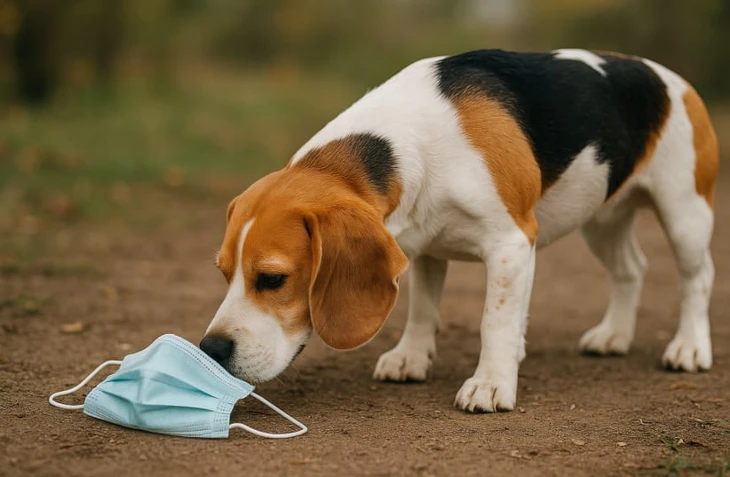
By sniffing out masks, this beagle has detected many cases of cancer - Photo: Maariv Online/The Jerusalem Post
Israeli researchers say they have developed a new method of detecting cancer by training dogs to identify the disease through smell.
In a new study by Israeli medical technology company SpotitEarly, the team trained beagles by repeatedly exposing them to breath samples from healthy people and cancer patients.
About 1,400 people took part in the study. The procedure was simple: participants simply breathed into a mask for three minutes. The mask was then sealed and sent to a testing facility, where trained beagles evaluated the breath samples in a sterile environment. When they detected signs of cancer, they signaled by sitting or lying down.
As a result, of the 261 people diagnosed with cancer, the dogs correctly detected 245 cases - an accuracy rate of 94%. In the group of 1,048 healthy people, only 60 were misidentified, indicating a low false positive rate.
To increase the reliability of the results, the research team integrated artificial intelligence and computer vision technology to monitor the dogs' behavior and analyze their responses, minimizing human error and standardizing the evaluation process.
Dogs have a highly developed sense of smell, with around 300 million smell receptors – compared to just 5 million in humans. The part of a dog’s brain dedicated to processing smell is 40 times larger than that of a human, allowing them to detect subtle chemical changes in the breath, including signs of tumors.
Dogs have previously been used to detect drugs, explosives, and diseases such as malaria and COVID-19. This research adds cancer detection to the growing list of medical applications for the animals.
SpotitEarly CEO Shlomi Madar said the next phase will be clinical trials in the US to seek regulatory approval. The company is also planning to expand its beagle team and develop mobile diagnostic units.
Professor Meirav Ben-David, director of the Cancer Institute at Assuta Medical Center (Tel Aviv), commented: "This is a breakthrough in detecting cancer at an early stage - when treatment is most likely to be successful. The test is painless, can be performed regularly and adjusted to individual risk factors. We are also working to improve the dogs' ability to distinguish between different types of cancer."
Source: https://tuoitre.vn/cho-danh-hoi-phat-hien-chinh-xac-94-ca-ung-thu-20250509000037679.htm



![[Photo] Prime Minister Pham Minh Chinh attends the groundbreaking ceremony of Trump International Hung Yen Project](https://vphoto.vietnam.vn/thumb/1200x675/vietnam/resource/IMAGE/2025/5/21/ca84b87a74da4cddb2992a86966284cf)
![[Photo] Prime Minister Pham Minh Chinh receives Rabbi Yoav Ben Tzur, Israeli Minister of Labor](https://vphoto.vietnam.vn/thumb/1200x675/vietnam/resource/IMAGE/2025/5/21/511bf6664512413ca5a275cbf3fb2f65)
![[Photo] Determining the pairs in the team semi-finals of the National Table Tennis Championship of Nhan Dan Newspaper](https://vphoto.vietnam.vn/thumb/1200x675/vietnam/resource/IMAGE/2025/5/21/eacbf7ae6a59497e9ae5da8e63d227bf)

![[Photo] Scientific workshop "Building a socialist model associated with socialist people in Hai Phong city in the period of 2025-2030 and the following years"](https://vphoto.vietnam.vn/thumb/1200x675/vietnam/resource/IMAGE/2025/5/21/5098e06c813243b1bf5670f9dc20ad0a)


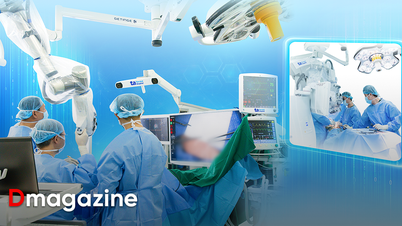



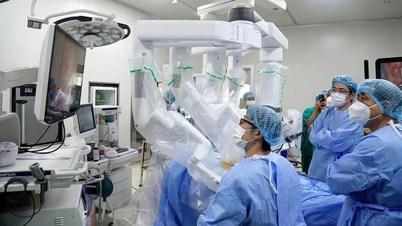






























































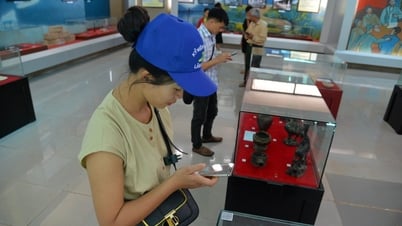


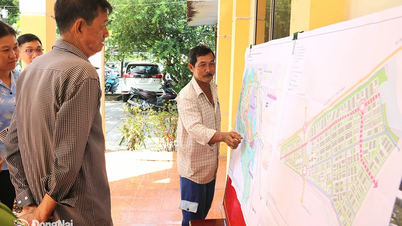













Comment (0)